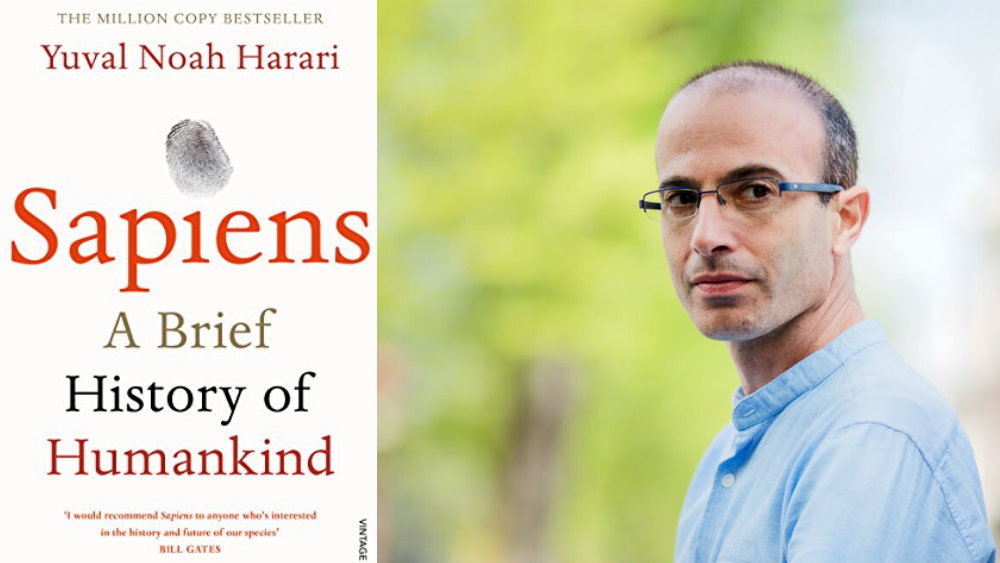In Sapiens, Israeli historian Dr. Yuval Noah Harari attempts the hugely ambitious task of describing the whole of human history. Not content to leave it at just that, he goes on to muse about what our future will look like.
The title is a reminder that we – you and me and everybody else – do not belong to the first species of human that existed. A long time ago, the world held at least 6 different species of human, out of which today only the Homo Sapien survives. “The most important thing to know about prehistoric humans,” Harari writes, “is that they were insignificant animals with no more impact on their environment than gorillas, fireflies or jellyfish.”
Sapiens traces this journey of how this once entirely unremarkable species went on to dominate everything in its path. The secret, it claims, lay in 3 revolutions:
- The Cognitive Revolution: About 70,000 years ago, humans started getting smart. We began communicating in complex languages and abstract ideas.
- The Agricultural Revolution: 11,000 years ago humans left behind our hunter-gatherer ways and began farming. This new stability meant an exponential growth in our population and the rise of a pampered elite.
- The Scientific Revolution: 500 years ago we began to get dangerously powerful. The western world, in particular, was keen to discover all that it didn’t know. Through pursuing the elimination of their ignorance, they took over the whole world.
Drawing on insights and stories from biology, anthropology, economics and of course, history, Harari weaves together a fascinating tale to ask the most important question of all – has all this progress ultimately made us happier as a species?
The answer?
Probably not.
Top 3 Things Sapiens Teaches Us to Unknow
- That the agricultural revolution was an indisputable good. Harari controversially claims that the agricultural revolution was “the biggest fraud in human history”. Farmers were much unhappier, unhealthier, prone to starvation and led much less interesting lives than hunter-gatherers. “We didn’t domesticate wheat; wheat domesticated us” is excellent food for thought (pun unintended).
- That most of the things that define modern society, such as capitalism, human rights, companies, religions etc. are “real”. As Harari points out, none of these things physically exist – they are “real” only in our collective imagination. In fact, they operate more as “fictions” or “myths”. It’s a radically different way of thinking about the world we live in, and one we should all keep in mind. It’d at least stop ourselves from taking things too seriously.
- That we have progressed in all fronts since the early days of our species. Despite all advances in modern technology and standard of living, our hunter-gatherer ancestors may have been much happier than us. This is because happiness is the difference between reality and our expectations. As reality improves, our expectations increase, and so, our level of happiness either remains unchanged or decreases.
Who Should Read it
- Intellectually curious people
- Anyone who wants a better understanding of human history and human nature
Who Shouldn’t Read It
- Academics and History Experts – I suspect Harari has over-simplified some topics, which will not go down well with those who do know these topics in-depth. He also inserts a lot of his personal viewpoints (his support for veganism and Buddhism being examples) which could alienate those wanting more objectivity.
I’ve made my notes for this book publicly available. Access them here.

